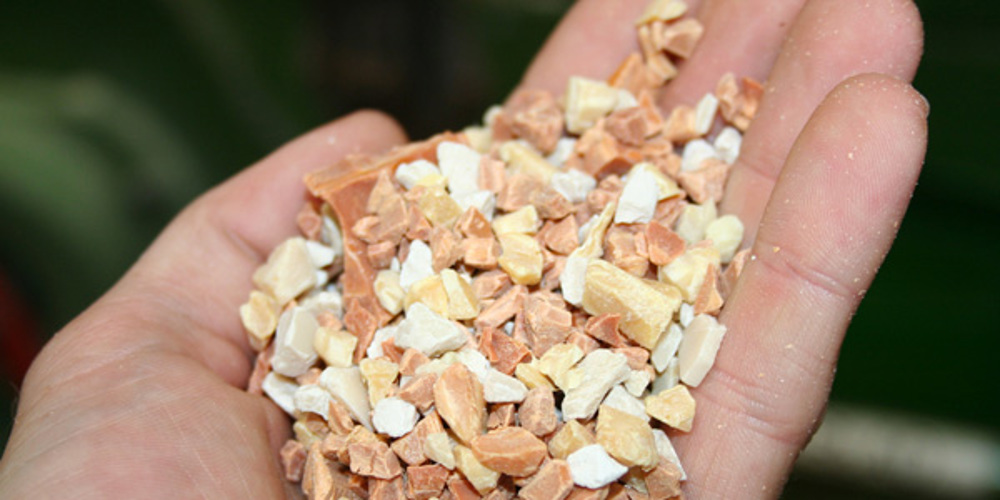Recyclable, useful and clever: Why we believe in plastics
Used correctly, plastics and plastic composites can help reduce the environmental impact of food production, transportation and heating. On top of that, most thermoplastic materials are 100 % recyclable. This is why Primo firmly believes in plastics as the material of tomorrow as well as today.

As a major plastics producer, we are well aware of the fact that our products have a significant environmental impact – on the positive side, that is. We firmly believe that plastics and plastic compounds are an intelligent way of using the Earth’s resources as well as creating products that are better, stronger and much more durable.
And we’re not the only ones who believe this – whole industries are being transformed by the advent of smarter, lighter materials.
Sophisticated compounds make stuff better
In an amazing number of ways, plastic materials can outperform materials such as wood, steel or aluminium. As a lighter, stronger and far more durable material, plastics and its many compounds can enhance products from a wide variety of industries – and at Primo, we are experts in developing such solutions.
Saving energy in our homes
One example of this is the way PVC and compound window frames offer much better insulation properties than conventional window materials. In this way, they help reduce CO2 emissions from heating and ventilation quite significantly and can be fully recycled once their service life is over.
Add to that the fact that such profiles have extremely long product lives, do not degrade, do not need paint or maintenance, and the sum really adds up to a major reduction in CO2 footprint. But the use of plastic compounds today goes much further than windows and doors.
Plastic planes
Another example: Whoever boards an Airbus A380 probably doesn’t realise it, but they are stepping onto a plane made partly from plastics. In fact, 16 % of the airframe – including large parts of the wings – is made from thermoplastic composite materials to keep the weight of the plane down and the fuel consumption as low as possible.
The same is true in most modern trains, buses and cars, where load-bearing structures traditionally made from steel or aluminium are being replaced by composites with a high percentage of plastics. This helps lower the CO2 footprint of modern cars.
A dedication to development
At Primo, we are working with great dedication with our customers to find new ways to substitute conventional materials. We do it in the transport industry, where profiles produced by us help make trucks and buses lighter and more fuel-efficient.
We do it in the window & door industry, where our profiles and systems reduce heat loss. We do it in the medical industry, where our product innovations keep harmful substances from blood bags and tubing.
We can do it for your next project, too !
Sources: The Danish Plastics Industry, PlasticsEurope, VinylPlus
About Primo
Headquartered in Copenhagen, Denmark, Primo A/S operates 12 sales and production sites across Europe, China and the USA. Founded in 1959 by the Grunnet family, Primo specializes in custom-designed plastic profile solutions. The company employs around 1000 people and reported a turnover of 180 million EUR as of December 31, 2024.